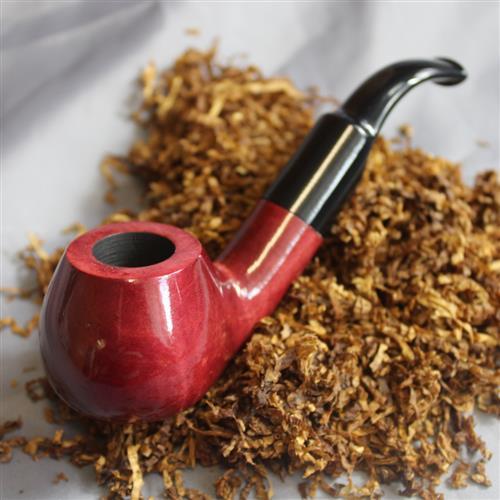Tabachos
Cigars have a rich history that dates back centuries. The Mayans were known to have smoked tobacco in different forms, including cigars, in the 10th century. Fast forward to the 16th century, and cigars became popular in Europe after Christopher Columbus introduced tobacco to the continent. The popularity of cigars only grew from then on, and today they are an internationally-renowned product.
Cigars are made using tobacco leaves. However, not just any tobacco will do to create a quality cigar. The tobacco must be grown in specific regions that provide the right conditions for robust and flavorful leaves. Some of the most notable regions for growing tobacco include Cuba, the Dominican Republic, Nicaragua, Honduras, Mexico, Ecuador, the United States, Indonesia, Cameroon, and the Central African Republic.
The growth process for tobacco fits the ideal conditions include hot and heavy humidity and the right soil. This is because tobacco plants are delicate and require a lot of moisture to grow. The humidity helps keep the plants healthy so they can produce lush, flavorful leaves. In addition, the soil must be rich in nutrients like phosphorous, potassium, magnesium, and calcium to nourish the plants properly.
Once the tobacco plants are harvested, the curing process begins. The process involves carefully drying the leaves to preserve their flavor. After the leaves are dry, they are normally sorted based on their size, quality, and strength. The different sizes and qualities of the leaves are then used to create distinctive blends of tobacco, which are a key part of the cigars' unique characteristics.
Another important factor to consider is the type of cigar. Premium cigars, for example, use whole tobacco leaves while machine-made cigars use a mix of tobacco cuttings that have been compacted into a mold. Premium cigars are made by hand and require more skill, patience, and expertise in the creation process resulting in a better quality cigar. On the other hand, machine-made cigars are quicker to produce and are relatively cheaper.
When it comes to cigars, it's important to understand that they are not just a recreational item. They have become an important part of the economy, especially in countries like Cuba. Economic experts agree that cigars have played a significant role in the growth of Cuba’s economy. It is also a popular item in many social circles and can serve as a way to bring people together.
In conclusion, cigars have been around for centuries and have a rich history. The right tobacco, soil, and growing conditions are critical to produce quality cigars. The product has become a significant part of economies and social circles, and some countries are known for their cigar products like Cuba.
